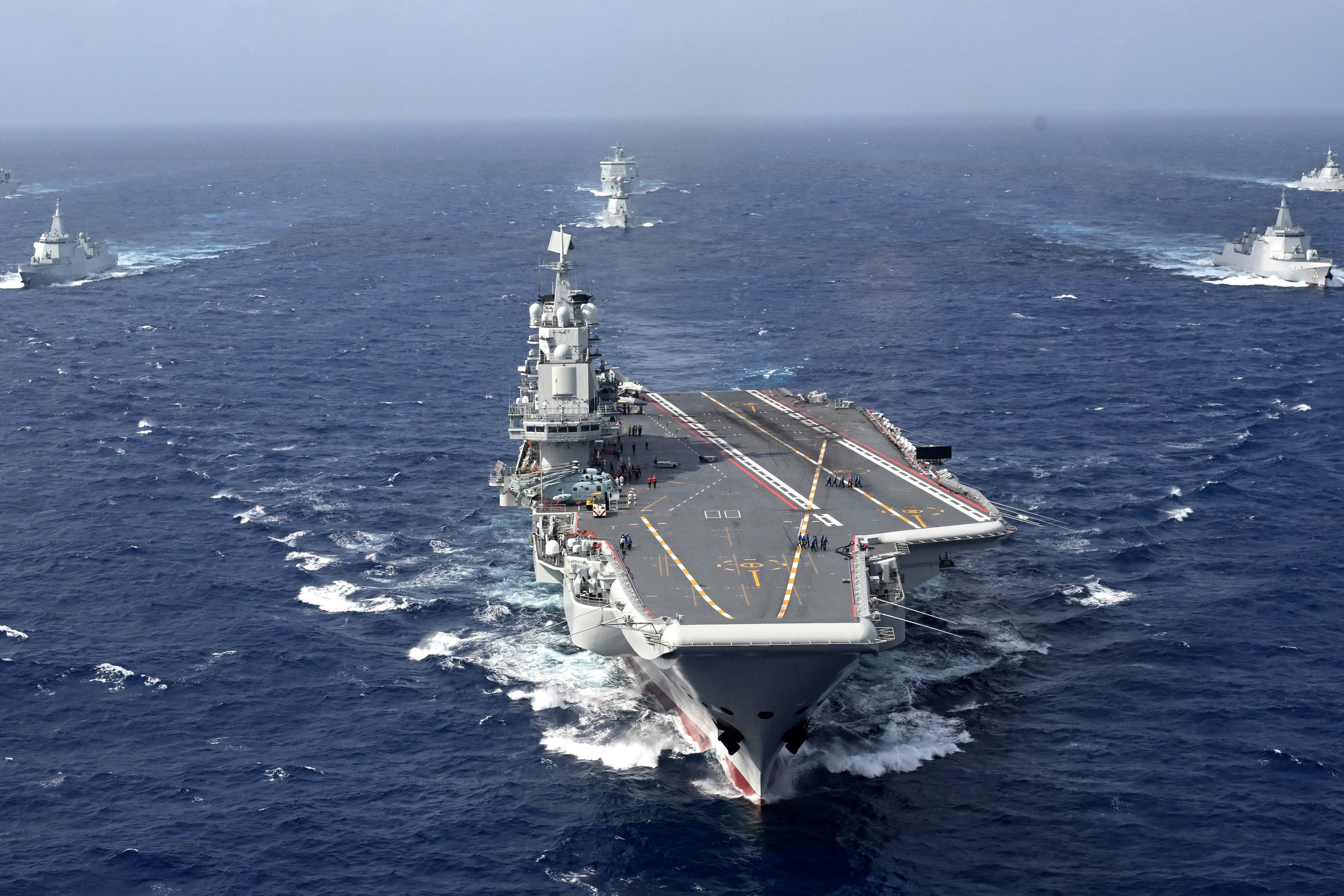China lashed out at G7 countries for accusing it of endangering maritime safety, saying that they were “filled with arrogance, prejudice and malicious intentions”.
Even for China’s generally overheated diplomatic language, the statement issued on Saturday was unusually vitriolic, though it did not threaten any retaliation.
In a statement on Friday that prompted the Chinese response, the G7 said: “We condemn China’s illicit, provocative, coercive and dangerous actions that seek unilaterally to alter the status quo in such a way as to risk undermining the stability of regions, including through land reclamations, and building of outposts, as well as their use for military purpose.”
“We reaffirm that our basic policies on Taiwan remain unchanged and emphasise the importance of peace and stability across the Taiwan Strait as indispensable to international security and prosperity,” the statement by the grouping’s top diplomats continued, referring to the waterway separating China from the island republic it claims as its own territory.
In the response issued through its embassy in Canada, where the G7 meeting was held in Quebec, China said the statement “repeated the same old rhetoric, ignored facts and China’s solemn position, grossly interfered in China’s internal affairs, and blatantly smeared China”.
“The statements are filled with arrogance, prejudice and malicious intentions to suppress and attack China,” it added. “China strongly deplores and opposes this and has lodged solemn representations with the Canadian side.”

China is not a member of the G7 but follows all comments and references to its international status made by international organisations or in foreign countries, responding to criticism with caustic language.
China claims a vast expanse of the South China Sea, through which passes around $5 trillion in global trade. It occasionally clashes with other countries that claim parts of the sea, especially the Philippines, a US treaty partner.
Beijing has routinely sent ships and warplanes into the airspace and the waters near Taiwan, built military bases on artificial islands in the South China Sea, and recently staged surprise live-fire exercises in the Tasman Sea between Australia and New Zealand.
Australia’s aviation authority said it learnt of the drills just 30 minutes before they began, not from Beijing but from a pilot flying in the area, and 49 commercial flights were forced to alter their flight paths in response.
The G7 didn’t mention the exercises in its statement. “We share a growing concern at recent, unjustifiable efforts to restrict such freedom and to expand jurisdiction through use of force and other forms of coercion, including across the Taiwan Strait, and in the South China Sea, the Red Sea, and the Black Sea,” it said.
China has the world’s largest navy, including three aircraft carriers, with a fourth on the way. It has a base in Djibouti in the Horn of Africa and has consistently expanded the range of the force.







